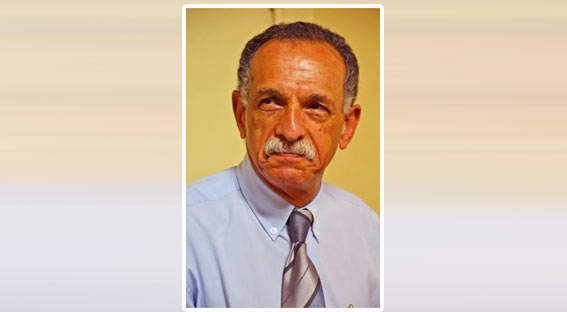A law was passed in Egypt a year ago to regulate the parking of vehicles on streets, following which the Minister of Local Development issued the bylaws that would ensure the purpose of the law was met. The bylaws served to regulate the licensing of individuals in charge of organising the parking process—such persons, termed sayis in Egyptian Arabic, had always exercised their tasks informally—and to designate the spaces and hours in which a vehicle may be parked without disrupting traffic.
Everyone was under the impression that the law would first be implemented in streets or parking lots that have randomly sprung up close to public facilities, markets, mass transport stations or the like, where parking is in high demand and where well planned parking facilities are absent or insufficient. Such spaces have long been notorious for the random character of the service offered, or rather imposed, there. Once a vehicle drives in, the driver is approached by one or more sayis who guide the car to a spot where it may be parked and demand a fee that may be a flat or hourly rate. When the place is already crammed, the sayis may demand that the driver leaves the car keys to him so that he could move it around as needed. The entire process is fraught with risk and misgiving, but a driver who needs to park may have no other option but to oblige, regardless of how unreasonably high the parking charge may be, how questionable the integrity of the sayis or the matter of leaving the car keys is. It is not surprising that the practice gave rise to many an argument or fight. The new law regulated it all by bringing it under control of local government, granting licence to approved sayis, and setting a fair fee.
Some local authorities, however, apparently had an appetite for more control; they decided to set up a system to regulate the parking of private vehicles in front of the residences of the owners of the cars. They announced regulations and conditions to be observed by whoever wishes to acquire licence to park a car in front of their residence against a subscription or monthly fee. These conditions included applying to the “Technological Citizen Service Centre” with photocopies of the car owner’s ID and driving licence, and filling a form requesting a parking space. The local administration in question inspects the area and issues an approval in exchange for a monthly fee of EGP300 plus taxes. Accordingly, the applicant is granted licence to place a signpost with his or her name on the parking space allotted, and pay for fencing their parking spaces. Ironically, this is exactly what many people in Egypt have been doing for ages prior to any law or regulations; they ensure their private parking spaces in front of their homes through fencing them or using chains or even concrete blocks to block them. So what have local authorities actually brought to the table? And what guarantee will be given to subscribers in exchange for the yearly EGP4000-fee other than a signpost with the car owner’s name?
The new system goes beyond legalising public parking into encroaching on privacy. People are angrily asking whether this is a novel form of taxation or simply the government’s endeavour to legalise a situation through undoable regulations.
I know that some will rush to defend the situation by claiming that the system of allotting parking spaces in front of private buildings is applied in all developed countries. But let me remind them that in these countries one parking space or more is allotted to each residential unit according to the number of units in the building, in nearby parking areas, or alongside an adjacent park. So how can local authorities here in overcrowded Egypt secure this for all buildings that fall under the new system? Who will be given priority to get the available parking spaces? And where will those who do not get allotted parking spaces park their cars?
The parking system applied in the West hinges on allocating parking spaces in the planning and design of any given residential compound or neighbourhood. Parking areas usually intercept residential buildings which are built with reasonable space intervals, or parking is allocated in the basements of the buildings. It is absurd and unacceptable to suddenly pounce on existing contiguous buildings in our streets in order to implement the new bylaws, totally oblivious of estimating the number of vehicles and parking spaces required.
How will all the vehicles of residents of any given building park in front of the building? In fact, even prior to the government’s new decision, residents of many buildings had resorted to parking their cars perpendicular to the pavements in front of their buildings. But alas, one year ago, simultaneously with the plans to expand many roads to ensure better traffic fluidity, the traffic department banned all perpendicular stationing. This was an oppressive procedure that disregarded the needs of residents who thus had to resort to parking in side and back streets, overburdening these streets and overcrowding them. Will this situation remain the same, or will the local government reconsider perpendicular parking when it starts implementing the new system? And will the new system work, or will it prove undoable?
Watani International
3 September 2021










